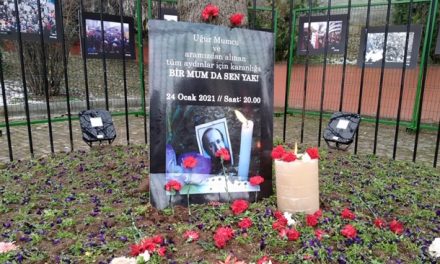Ambassadors representing the 47 member states of the Council of Europe have announced a package of radical and far-reaching measures to enhance the safety of journalists and protect the work of journalists. Read the full list of proposals from the Council of Europe here.
The actions, described as ‘Further steps for the better implementation of human rights standards’, include a consultative Roundtable with NGOs and other concerned organisations to be convened in May; development of a ‘rapid response mechanism’ to assist journalists facing imminent threats to their safety; and plans to launch an Internet-based platform later this year which can act as an Early Warning System for journalists or journalism in acute danger in any part of Europe, from Portugal to Russia.
The online platform is to make use of authoritative information on serious threats and violations around Europe provided by organisations monitoring media freedom and human rights. The early warning idea was first proposed more than five years ago by the Parliamentary Assembly of the Council of Europe.
Proponents see it as an essential tool for preventing violent attacks or other serious abuses directed against journalists and others engaged in reporting matters of public interest. The package of measures just approved by the Committee of Minsters, the executive body of the Council of Europe, emerged out of years of intensive debate in the face of reluctance from some states and inertia in some others.
The Association of European Journalists and other media and human rights organisations played an active part in pushing for these reforms. A broad consensus was finally reached among the majority of Council of Europe states on the urgent need for more effective mechanisms to protect press freedom and journalists’ safety, which was reflected in the resolutions adopted at a ministerial conference in Belgrade in November 2013.
The AEJ will be represented in a newly-formed Committee on protection of journalism and safety of journalists which is tasked with fleshing out ways of making the new action plans effective. In past years the Council of Europe – which has been called the ‘human rights watchdog’ of Europe – and the European Union have both been criticised for a lack of determined responses to erosions of press freedom such as the adoption of harsh anti-terrorism laws. In recent years all the leading media monitoring organisations in Europe have documented a marked increase in violent attacks, intimidation and judicial harassment against independent and critical media in many European states.
Read the full list of proposals from the Council of Europe here.
William Horsley wrote on the Association of European Journalists website


